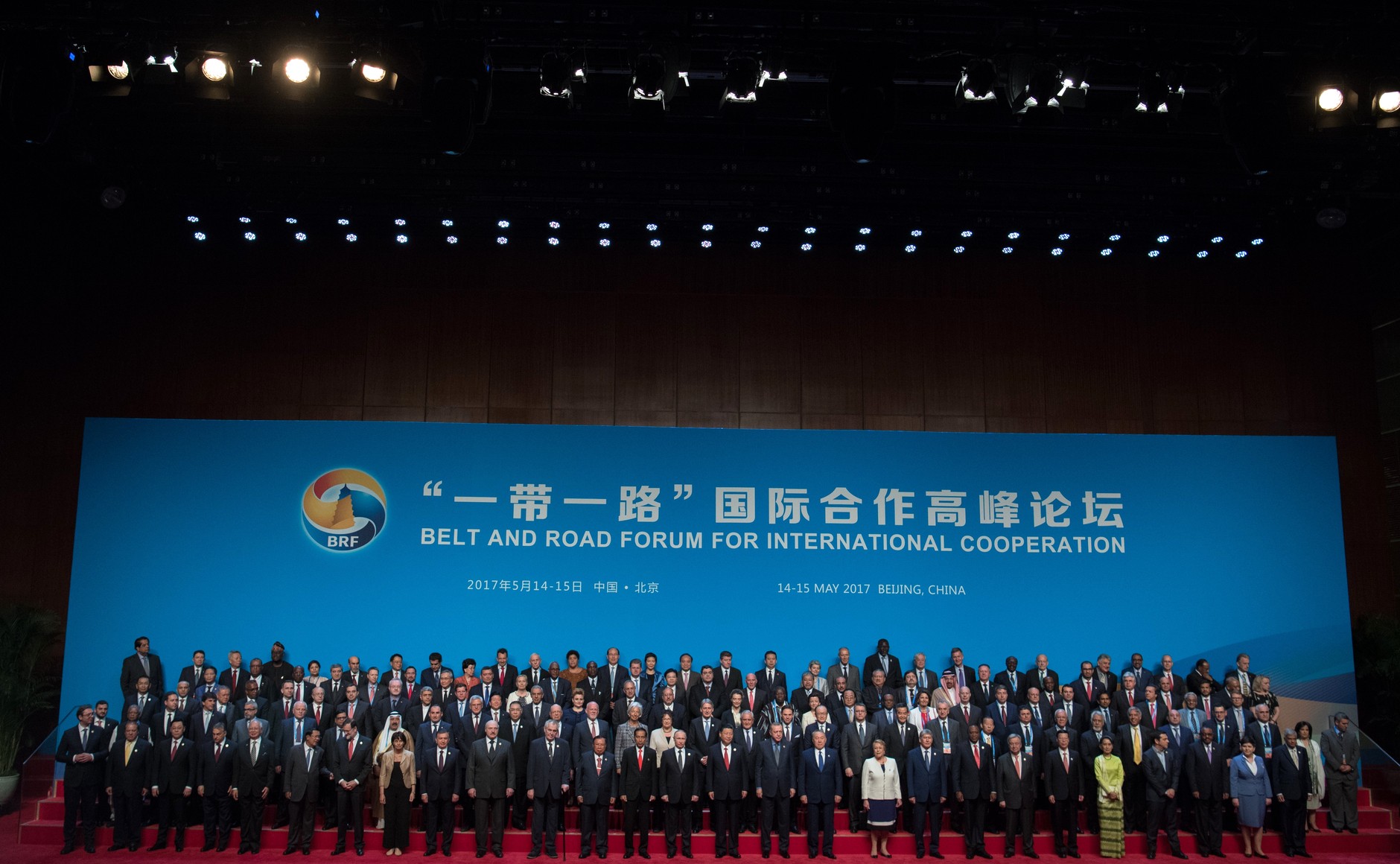
Source: The Russian Presidential Press and Information Office
Critical Examination of China’s Project of the Century:
Belt and Road Initiative’s Impacts in Central Asia and Southeast Asia
Time: Thursday 13 June, 2-4 pm
Venue: Metsätalo, Hall 8, Unioninkatu 40
Programme
2:15-2:20 Opening by Julie Yu-Wen Chen
2:20-2:40 Players or spectators? Central Asia’s role in Belt and Road Initiative by Neil Collins (Nazarbayev University, Kazakhstan & University College Cork, Ireland)
Central Asia was historically the venue for the “Great Game” between the British and Russian empires. It was then subsumed by the Soviet Union. The newly-independent states of the area are keen to assert their autonomy and improve their economies. On the face of it, China’s Belt and Road Initiative (BRI) appears to be a “win-win” opportunity as China presents it. An alternative future, however, may be that the states of Central Asia simply provide the infrastructural basis through which the needs of Europe and China are addressed while they remain merely transit points. This lecture will look at the dilemma facing Central Asian states, with particular reference to Kazakhstan, to explore what strategies are available for Central Asia to maximise the benefits of the New Silk Road. It will do this in the context of changing geopolitical, military, economic and cultural considerations. It will also seek to explain why projections about the success of the BRI would be more accurate if they disaggregated the idea of Central Asia.
2:40-3:00 Impacts of the Belt and Road Initiative on the territorial disputes in the South China Sea by Alfred Gerstl (Palacky University, Czech Republic & University of Vienna, Austria)
Malaysia, the Philippines and Vietnam are partners in China´s Belt and Road Initiative (BRI). However, they are also claimant nations in the South China Sea and are involved in unresolved territorial disputes with China. This presentation will examine whether BRI impacted already positively or negatively on resolving these disputes.
3:00-3:10 Comments from Julie Yu-Wen Chen
3:10-3:20 Comments from Niki Sopanen (University of Helsinki)
3:20 Q & A
About the presenters
Prof. Neil Collins is currently Professor of Political Science at the School of Humanities and Social Sciences, Nazarbayev University (NU), Kazakhstan. He is the founding Dean of the Graduate School of Public Policy at NU. Prof. Collins has held academic posts at universities in Ireland, the UK and America. Before moving to Kazakhstan, he was Professor and Head of the Department of Government at the University College Cork (UCC) in Ireland. Neil Collins has a PhD in Political Sciences from Trinity College Dublin. His research interests include political marketing, Irish politics, cultural diplomacy, corruption, the politics of China and of the European Union.
Dr. Alfred Gerstl holds a Marie Sklodowska-Curie Individual Fellowship at the Department of Asian Studies at Palacký University in Olomouc (Czech Republic). He is also Adjunct Professor (University of Vienna, Austria). Being a political scientist with focus on International Relations, his research interests include Theories of International Relations, International Relations in Southeast and Northeast Asia with a focus on the Association of Southeast Asian Nations (ASEAN), notably the South China Sea dispute and the impacts of China´s Belt and Road Initiative (BRI) on the region.
This event is organized by Confucius Institute at the University of Helsinki.